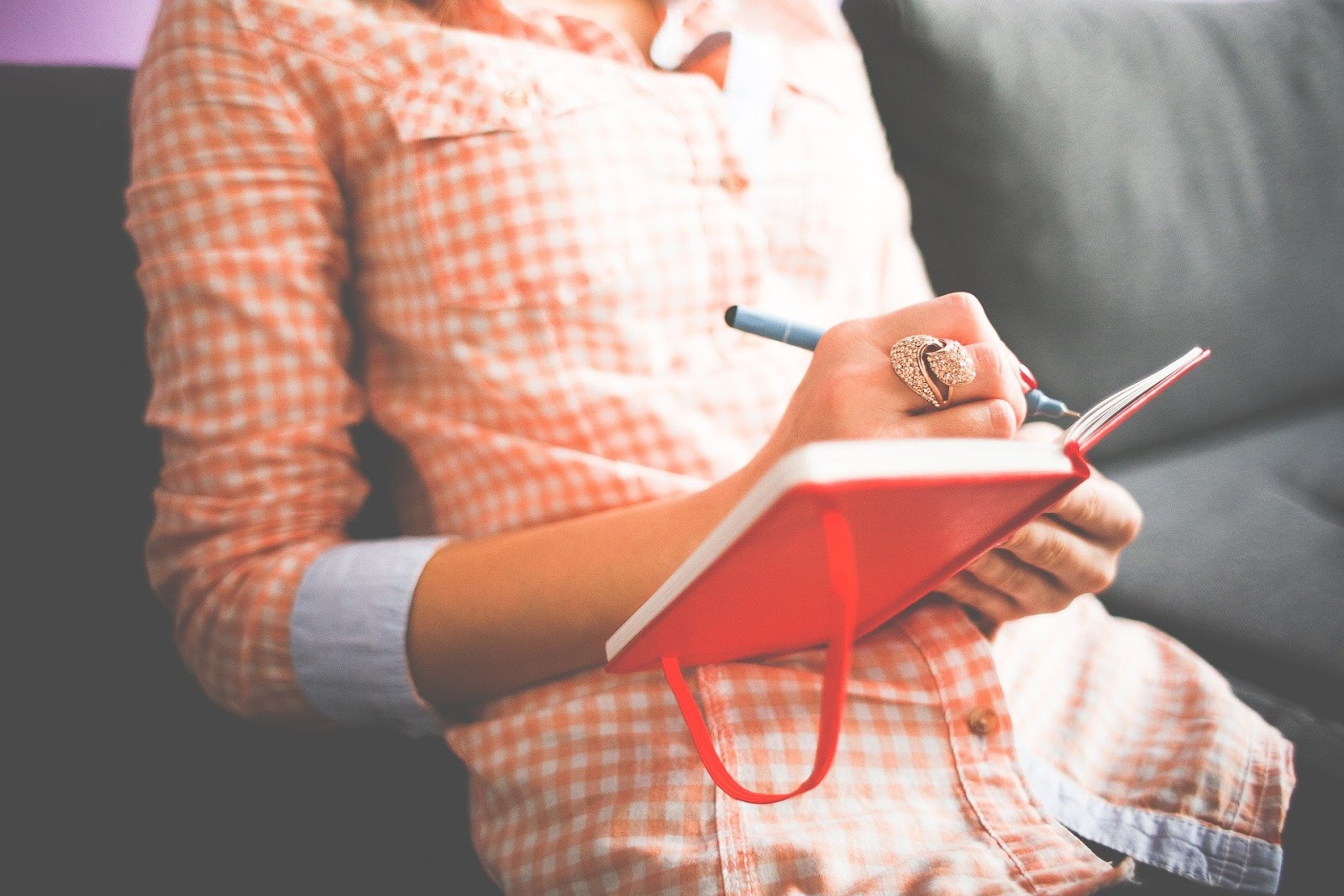
Journaling as a Form of Stress Relief
With the Covid-19 pandemic still limiting people and students, the website EventBrite is providing people with the opportunity to sign up for online events quickly and easily. The platform offers public and private events; classes and concerts with tickets available by register or purchase. One event offered by the website was “Self Care Sundays,” a live streamed workshop every Sunday, centered on different stress-relieving activities. This public workshop, offered by Loughborough University in England, was one of many student-led sessions related to different departments within their college. This particular session on Jan. 31 was about the art of journaling.
The livestream started with student and host Yasmin Nwofor introducing herself and greeting new, as well as experienced writers while laying out her objectives for the workshop ahead. Nwofor began immediately with a writing exercise, asking everyone to take a few minutes and write about what journaling meant to them. She then explained how the practice of journaling can be useful, and how for her, it was a form of self-awareness. She said “journaling aids in building that strength to maintain a positive internal dialogue.” Nwofor went on to explain that being comfortable when writing, particularly in a personal setting, is what leads to discovery and peace of mind. She listed ways that a bit of writing every day can be helpful, whether it is morning or evening.
Nwofor spent a large portion of time talking about how writing freely can help to ease anxiety. She described using a journal as a planner for her week, and taking time to work with self-affirmations like “I am, I can, and I will.” She went on to explain that journaling is not meant to be a chore and should be a personal period of reflection. Nwofor also demonstrated that it’s not uncommon to feel stuck or without a starting point, and recommended starting small and forming a habit, saying, “what you water grows.” As the workshop continued, Nwofor provided a list of tips to keep journaling interesting, as well as prompts to help start a stream of thought.
As the session drew to a close, Nwofor emphasized that journaling as an activity should be entirely unique to the writer. She also suggested incorporating familiar materials like art, music and photographs to help the flow of thought and words when writing and thinking. Nwofor seemed especially animated when giving some final tips for turning off an “academic mind,” which consisted mostly of building routine and getting used to writing down your thoughts every day.
As Nwofor put it, “What you give attention to will expand its presence in your life…that can either be fear and worry and anxiety or it can be gratitude.”





